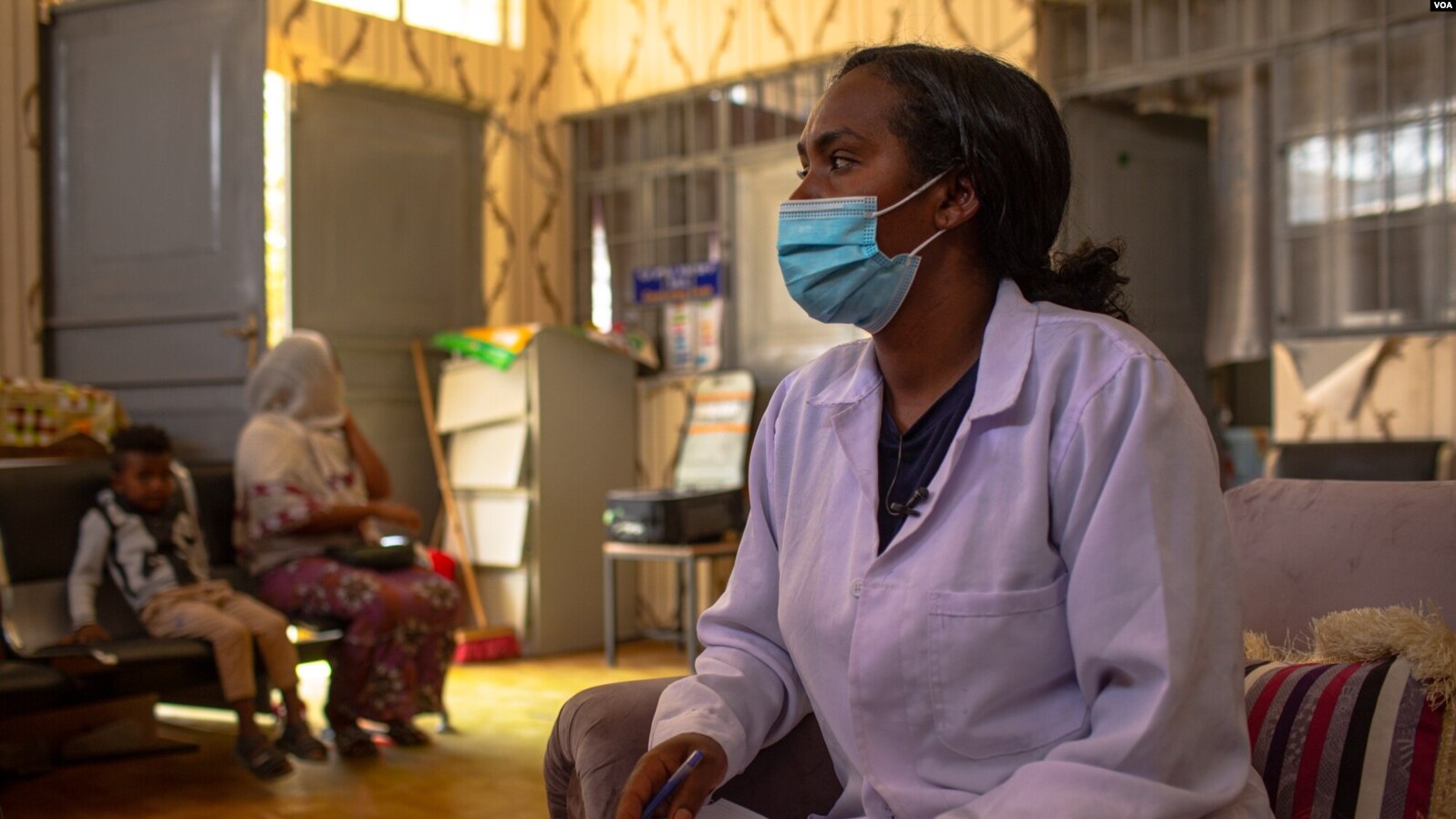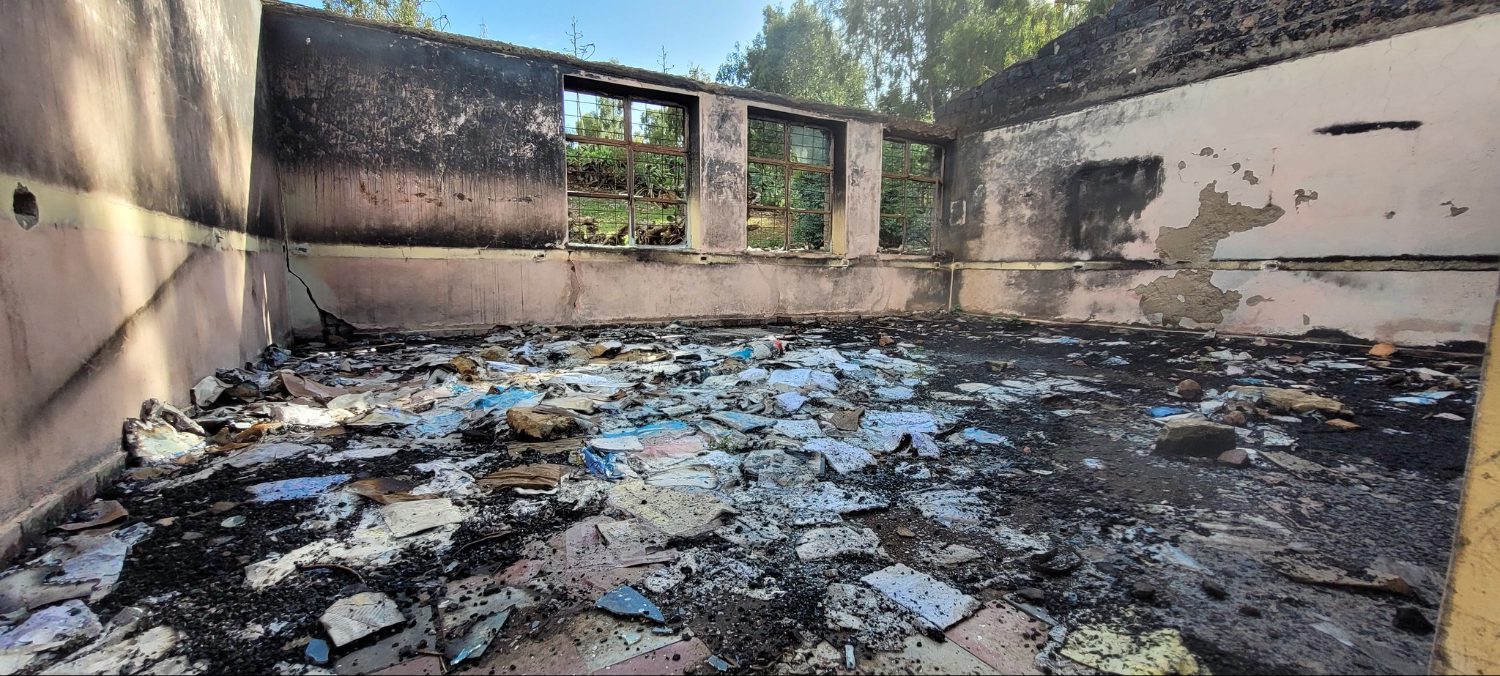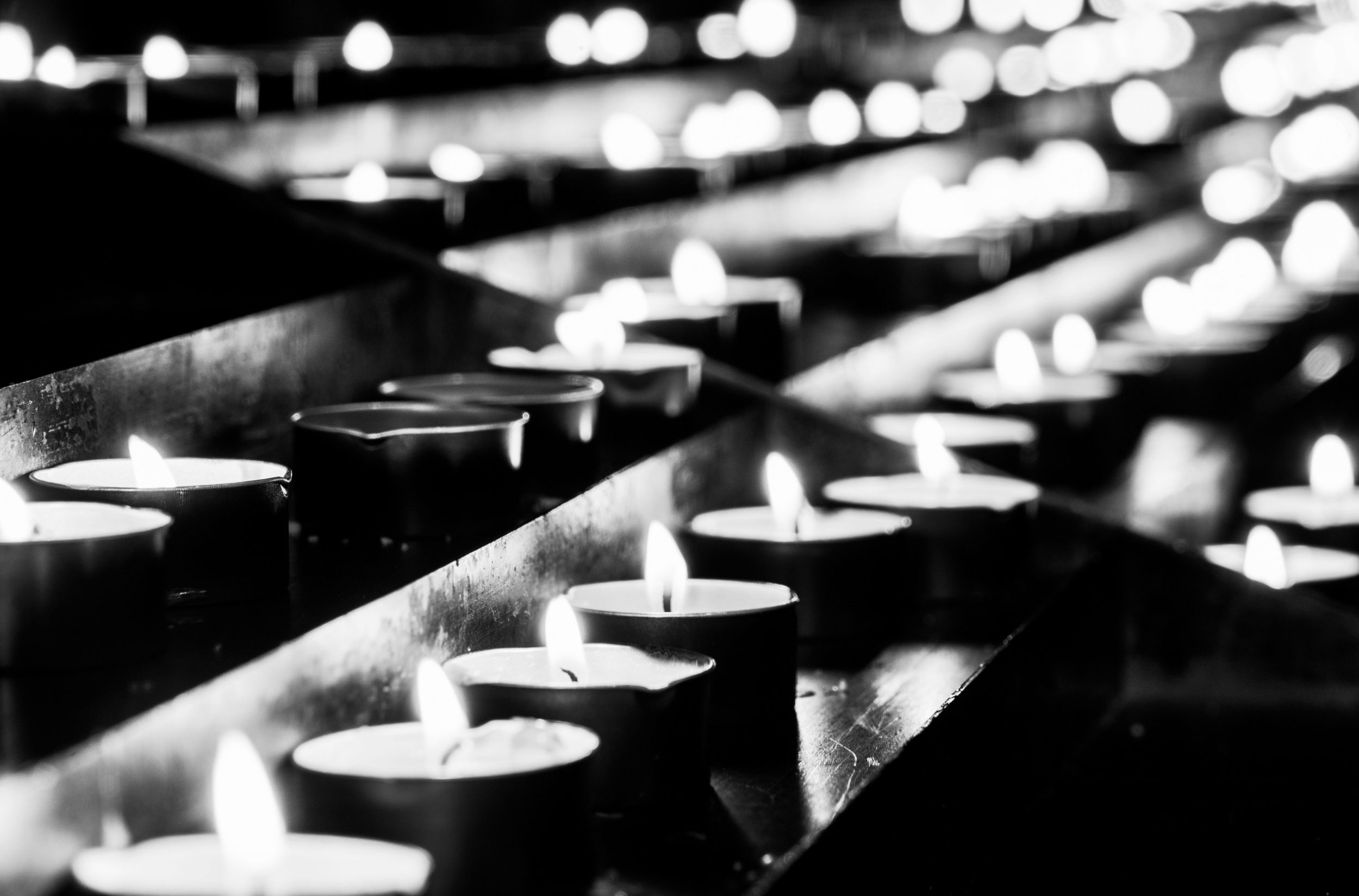Plans for post-conflict reconstruction and reparation are not yet in sight
The two years’ war destroyed the social and economic infrastructure of Tigray region. Over eighty percent of health infrastructure, schools, and water infrastructure have been destroyed. Most factories (public and private) are either fully destroyed and/or ransacked with key elements of their machinery and raw materials looted. This happened in all the smaller towns and also in Mekelle. Factories and service institutions were looted and require serious inputs to become operational. Schools were also looted and the registry and administration of some of them were fully destroyed. The destruction in Tigray is so massive and it is easier to count what survived the war than to enumerate the destroyed sections of the social and economic infrastructure.
The destruction was deliberately inflicted by the leadership of the Federal Government that continues to rule in Addis Ababa, and by the allies it invited to join the war. Tigray is still waiting in hope to hear any indication of remorse from the Federal Government let alone see concrete measures for reconstruction and reparation. One can read the decision of the House of Federation for the new Ethiopian budget year from last month. It decreed a total national budget of 801.65 billion birr (at the official exchange rate, US$ 14.5 billion) for the 2023/24 budget year. However, the total allocated for Tigray doesn’t exceed 17 billion birr (US$ 309 million), an amount smaller than the region’s pre-war budget. This budget covers salaries and recurrent costs but there is not a coin for the capital budget or reconstruction. It looks as though the Federal Government is going to pass the responsibility of reconstruction to the international community – as if the destruction was ordered and done by them.
Furthermore, the salaries of civil servants in the region and pensioners were interrupted from the beginning of June 2021 up until they resumed again in April 2023. The back pay of salaries of civil servants thus far has only covered January 2023 with a payment of 19 months in arrears outstanding. The same is true for pensioners. Mekelle hosts a large number of the over 75,000 pensioners and the over 150,000 civil servants of the region. Many of them live in rented houses and rent payments were accumulating as people had no means of paying. This was done not only because the landlords understood the situation but also because the then regional administration of Tigray issued an emergency decree that limits the rights of landlords to evict tenants for reasons of payment delays.
Many of the pensioners have also been taking credit to survive as they never thought the government would still delay their payments once Mekelle and its institutions had been reconnected to the Federal Government, let alone block those transfers with no sign of remedy. This blockage has multiple effects. It not only affects the civil servants and pensioners but also landlords, shopkeepers, and businesspeople who have been providing their services to these individuals on credit. As stated earlier the budget allocation of the federal government is hardly enough to pay salaries and recurrent costs leave alone arrears of salaries of civil servants and pensioners.
Mekelle has never heard any plans for reparation to the private sector for assets destroyed by the war. Furthermore, owners of destroyed factories (destroyed by the very regime that owns the public financial institutions) are being asked to repay the loans they took for their destroyed factories. For now, the banks have delayed their requests following the instruction of the federal government. Despite this, a clear policy for redressing the damage done to the private sector is yet to come.
There is no way the private sector will invest more when the very government and its leaders (the key perpetrators of the destruction) are in power and without laying clear policies for reparation. Seven months after the regional government was formed, the people of Mekelle have yet to hear its priorities for post conflict reconstruction and rehabilitation, let alone restitution and reparation for lost private assets during the war.
The health services
There are three public hospitals and several clinics in the city of Mekelle. I couldn’t go and visit all of them but thought of visiting the Ayder Referral hospital as I thought that could give an indication on whether the health service has returned to the pre-war conditions after the Pretoria agreement. The hospital is a teaching and a referral hospital and reports to the Ministry of Education in its capacity of a teaching collage and to the Ministry of Health in its capacity as one of the two referral hospitals in the region. The hospital is big and with the little time I had I went to the pediatrics department, visited the laboratory of the hospital and talked to staff members who could give me some idea on the supply of medicine and other inputs for medical services.
My choice of pediatrics was because it will show me the services for the most vulnerable section of the society. The pediatric ward has different sections. One is for children under five years old with a sub-section for cancer patients who undergo cancer treatment and another for children above five years old. My first visit was to the section for under-fives. I found Sister Sintayehu Redae at the booth for nurses and doctors of the section and asked her to give me a briefing on her section. At its full capacity, the section can treat 42 children. Nineteen of these are being treated for malnutrition and 12 of them with chemotherapy while the rest have a variety of infectious diseases. Sister Sintayehu told me, “Each day the hospital returns back [home] a number of children who should have been admitted to the hospital because of capacity limitations.”
Dr. Hadush Mekonen is a resident in the department. Describing the status of the medical services, he says that there is some improvement in the medical supply for the hospital but it far from sufficient. Right now, he says, our pharmacy has run out of stock for several drugs including essential antibiotics as well as surgical gloves, and we are asking patients to buy and bring them so that their medication is administered. The kind of medical supplies we get are not predictable. We might be forced to interrupt administering a required dose of medicine as we might run out of stock anytime. This is dangerous not only because it falls short of treating the patient but some might also have the effect of creating drug-resistant infectious diseases. For this reason, he says that he doesn’t see a significant difference in the quality of medical service provided even when compared with the times of the siege.
I then talked to the medical staff at the child cancer treatment sub-section. Similar to others, they recognize that there is some improvement in supplies when compared to the period of the siege, but still not enough to provide service at half capacity. The lack of drugs particularly complicates the treatment of combination therapies. You might have two of the three combination drugs to be administered as a dose. You ask the patient to buy the third one from outside so that you can administer the dose. Right now, Sister Genet Aregawi, one of the nurses of the unit, says that one of the three drugs we use for combo treatment is lacking and patients are buying it at 9000 birr per 3 grams. That is only enough for one day of the five consecutive days treatment needed. Again, the unpredictability of the availability of the drug supply is a critical problem here.
The experience is traumatic for the medical staff. The eyes of sister Genet were filled with tears when telling me of a child who came from North-Western Tigray. She tells the story as follows:
“His father brought him at the time we didn’t have any drugs but asked him to leave us his number so that we can call him when the drug arrives. Then, limited supply came and we called his father to bring his son. Unfortunately, the father was late to arrive at the hospital and we had only a dose for a day (out of the required five days consecutive treatment). We gave him for one day and his father bought for the second day but couldn’t continue as he didn’t have any money remaining and had to take his son back home to try holy water.”
All the medical staff complain of the new regulation that came from the Federal Government for charging patients for the services they get. The new regulation requires them to charge 400 birr per each procedure of wound care, 150 birr for each for intravenous injection, 100 birr each for intramuscular injection, 50 birr each for each procedure of nasogastric tube insertion and catheterization, 50 birr for each procedure of blood sample collection, 1000 birr for each chest tube insertion, 177 birr per day for standard bed patients with meal, 150 birr for each service of bed bath. Each oxygen cylinder administration costs 600 birr. The list goes on. The staff members I talked to understand the need to charge for services but believe that the prices set by the Federal Government are exorbitant and exploitative. They are anti-poor and don’t take into account of the desperate need of people in Tigray.
Hospital staff compare the current situation with the pre-war times and the amount charged by private clinics and hospitals. Prior to the war, the charge for a standard bed patient per day was only 30 birr per day and a private hospital in Mekelle now charges an average of 100 birr only for each procedure of wound care. Most patients coming from rural areas return back home as they cannot pay this amount for the service. It is only those rural patients that have registered and paid for the rural woreda (district) health insurance coverage and can produce the coverage confirmation who get the services as the insurance is supposed to cover the cost.
Most specialists and sub-specialists work only few hours per-day in the public hospital and spend most of their time in private hospitals and clinics. This has been the case even before the war as the renumeration paid by the hospital is minimal and it was this practice that provided them the money they need to buy butter and bread for their families. The difference is previously the hospital used to benefit from the services of interns who worked under the guidance of the specialists and sub-specialists. Right now, the college has been closed for the last two years and doesn’t have a single intern working. For these reasons, the medical staff is traumatized and demotivated to work.
I also talked to Dr. Abraha Gebreegziabiher, Chief clinical director of Ayder Hospital on the newly introduced charge and the service situation in the hospital. Dr. Abraha says, “The cost estimate for services and the decision to charge for those services was sent by the federal authorities before the siege in Tigray but we were reluctant to implement it for the reasons my colleagues at pediatric department told you. It is only now that we decided to implement it after we saw the budget allocation for this year.” He explains, “The federal authorities allocated to us a total budget of 18 million birr [approximately US$320,000] for the whole year. This amount is only one third of the budget for medicine we used to have before the beginning of the war. With this budget, we will eventually be forced to close the hospital for service. It was this pressure that forced us to introduce the charges for services.”
Dr. Abraha, in describing the status of services of the hospital says of the critical problem in the diagnostic capacity of the hospital. He says that the MRI and Citi-Scan machines have stopped working due to lack of maintenance and inputs. He explains that for both to work for the year, there is a need of inputs worth of 96 million birr for the year without including the costs related to maintenance manpower of the supplier. Consequently, he says, “Our laboratory is working less than 40% of the required service because of shortage of reagents needed. For this reason, most patients get the laboratory service from the private laboratories in the city at exorbitant prices.” He concludes, “We are a ‘referral hospital’ only in name as the services we are currently providing are ever less than a fully equipped rural hospital” and he sighs and concludes his remarks by asking this question: “Is the siege over with all these things lingering?”

One can therefore conclude the difference of humanitarian situation in Mekelle after the Pretoria agreement is that the suffering of Mekelle during the siege was more intense but there was a shared sense of solidarity and hope, that the war ended, things would be better for all. What we have now instead is a situation in which things are (much) better for some, but really unchanged for many (the displaced, the poor, the pensioners, the disabled veterans, and the survivors of sexual violence), and for the majority it’s quite dispiriting because there’s an official pretense that the war is over and things are normal… so they are being forgotten.
Mekelle also listens and thinks of the politics of the country
Mekelle struggles to read a head and tail to the politics of the country. It has silently observed the controversial process of the formation of the Interim Government of Tigray. The Pretoria agreement officially dissolved the regional government of Tigray and called for the TPLF and the Prosperity Party to negotiate and form an interim government until the time an elected government is formed. The Pretoria agreement doesn’t say anything on the representation of Tigray in federal institutions including its representation in the federal House of Representatives and the House of Federation, other than observing that the constitution will be followed. One would assume that the implementation is left for the agreement between the Prosperity Party and Prime Minister Abiy Ahmed.
Following this, Mekelle waited for over three months without a government until the TPLF and the PP agree on how to form the Interim Government (IG). The TPLF have never publicly revealed the agreement it made with PP on the modalities for the formation of the IG. However, Mekelle informally learned that Abiy Ahmed asked the TPLF to come up with a proposal on how to form the IG but he would retain a veto power on its finalization. Following this, the TPLF made a decision to control the majority of the government but to include non-TPLF members. It pretended to have a transparent mechanism for the formation of the IG and established its government through a conference it called. However, Abiy Ahmed used his veto power and rejected the presidency of Debretsion Gebremichael and asked the TPLF to replace him with someone else acceptable to him. The TPLF followed the instruction and elected Getachew Reda as its president, who was accepted by Abiy Ahmed.
Once the IG was formed, the residents of Mekelle expected it to begin working as a government with a ‘there is no time for delay’ spirit despite their reservations about the opaque process for its formation. However, people didn’t see the IG moving towards creating an effective government in place. The authorities of the IG claim that they have a decision to separate the party from the government. The TPLF blames the IG for being too close to Abiy Ahmed and sidelining the authorities of the TPLF that are not in government. Mekelle hears their accusations and counter-accusations while little is heard of their engagement in the real politics of the current crisis.
Gebrekristos is an assistant professor at Mekelle University. He joined the TDF at the height of the resistance for survival. He is still waiting to be formally released from the army and I found him in Mekelle while on leave to visit his wife and daughter. He was never a supporter of the TPLF but he joined the TDF while it was the formal leader of the resistance. He never regrets doing that and explains that the war was a war for survival and there was no better organization than the TDF for any Tigrayan who wanted to take part in the struggle. He is opposed to the way the IG was formed. He says, “the TPLF is partly accountable for what has happened in Tigray and shouldn’t have been allowed to form a government under its leadership.” Nevertheless, he wants the IG to succeed as he doesn’t see any better alternative to cooperating with it and he believes that opinion is shared by many of his colleagues.
Gebrekristos feels relieved that the fighting stopped and believes that every peaceful mechanism for addressing the outstanding demands of Tigrayans should be utilized. He doubts whether the IG is doing everything it can to do so. He says that the authorities have never told us what agreements they made with the Federal Government to implement the withdrawal of non-ENDF and foreign forces from Tigray. No one has ever seen any agreement or signed minutes of understanding and/or official and public statements from the government on these issues. “The authorities come and tell us to ‘trust them’ that non-ENDF forces and EDF will be cleared out from within the administrative boundary of Tigray, how much do we trust them?” He asks when expressing his frustration. “They have been telling IDPs dates for their return but have never seen themselves returned except that the dates are still moving.” He recounts the rolling deadline: early June; before martyrs’ day (June 24), and “we are working on it.”
Gebrekristos hears of the crisis in the rest of Ethiopia and that of the Amhara region in particular. He and his friends fear that the decree for the state of emergency in the Amhara region might serve Abiy Ahmed to dispatch the ENDF which will massacre Amhara civilians as much as it did in Tigray. For people like Gebrekristos the Amhara youth are victims of the madness of the extreme Amhara nationalists. They believe those extremists have been driving the Amhara youth towards being an instrument for the war of Abiy Ahmed waged on Tigray. He and his colleagues also hear of the Oromo Liberation Army resistance war in Oromia and conclude that it looks like Ethiopians are fed up with PP rule. He sees that any sort of alliance between those forces will end the days of Abiy Ahmed in power and wishes for the launch of a process that convinces every one of those resistance forces to bracket their differences to be resolved through peaceful dialogue later. For now, he says, they should join hands (but doesn’t know how) to send away the rule of Abiy Ahmed that is costing the nation millions of lives and trillions worth of economic destruction in a very short period of time. But he doesn’t have an idea on how such a coalition could be created given the existing polarization.
Tesfay, a friend of Gebrekristos, also a lecturer at Mekelle university has a radical approach to this. He didn’t join the TDF due to physical disabilities but was an active member of the underground resistance in Mekelle for the eight months of its occupation. He doesn’t believe that the current IG should be allowed to continue as is. He believes that Tigrayans from all walks of life should come together for a conference to figure out their priorities and reach a minimum consensus in laying out their priorities and decide on the modalities of an interim arrangement for a government in Tigrai. He doesn’t believe that the TPLF is capable and willing for doing this and hopes for the TDF leaders to come up with such an idea and push it to fruition. Mekelle debates such type of ideas and arrangements, and hopes for a better future.
Aside this, Mekelle continues to hope for a better future. It is difficult to say that the city now have a functioning government in all aspects. Despite this, however, Mekelle is reasonably quiet and orderly and continues to trust the current Interim Government to provide better leadership. I hope its current leaders will not fail it. They are still expected to launch a process that brings Tigrayans from all walks of life to work together for a beautiful feature.



